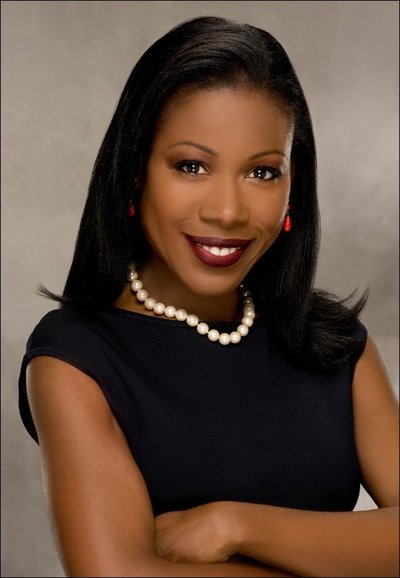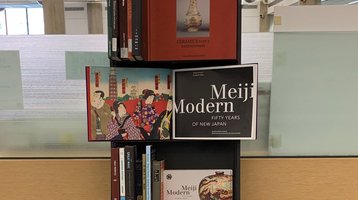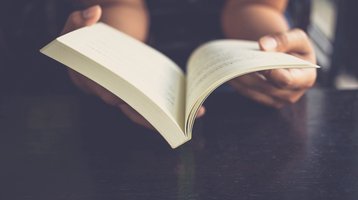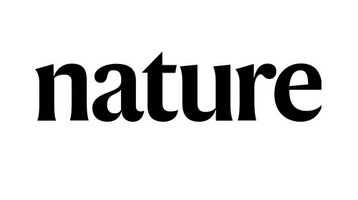Martin Luther King, Jr.'s Chicago legal legacy

This year, the University of Chicago Center for Identity + Inclusion’s MLK Celebration began with a virtual event on January 12, 2021, featuring keynote speaker, Isabel Wilkerson, Pulitzer Prize-winning author of The Warmth of Other Suns: The Epic Story of America's Great Migration (2010), and a new book, Caste: The Origins of Our Discontents (2020), which links the oppression of Black people in America to caste systems in India and in Nazi Germany. There will be a Virtual Week of Service, January 17-23, 2021.
In the keynote, Wilkerson called the Reverend Doctor Martin Luther King, Jr., “The Father of the Civil Rights Movement” and “The Father of American Democracy,” and talked about Dr. King's 1966 march for open housing in Chicago, where he was hit with “a rock the size of a fist" in Marquette Park and surrounded by a mob "as enraged and as out-of-control" as the one that stormed the U.S. Capitol in Washington, D.C. on January 6th. (1)
Dr. King gave three speeches on the University of Chicago campus between 1956 and 1966, but, as Wilkerson highlights, he left a broader Chicago legal legacy. He worked on the Chicago-wide struggle for housing equality. Dr. King and a Chicago activist, Al Raby, jointly led a campaign for decent and integrated housing in Chicago called the Chicago Freedom Movement or the Chicago Open Housing Movement. Dr. King and the Southern Christian Leadership Conference (SCLC) announced plans for the Chicago Freedom Movement on January 7, 1966. Later that month, Dr. King began his “Northern Crusade” by moving with his family into a slum apartment on Chicago’s West Side. He placed demands (PDF) for nondiscriminatory housing practices and rehabilitated public housing on the door of Chicago City Hall on July 10, 1966.
During his stay, Dr. King staged protest marches around Chicago. His open housing campaign was met with hostility and violence. While marching in Gage Park [video], Dr. King said, ‘‘I have to do this – to expose myself – to bring this hate into the open. I have seen many demonstrations in the south but I have never seen anything so hostile and so hateful as I’ve seen here today.’’ As Wilkerson referenced, some Chicagoans stoned Dr. King on August 5, 1966 during a march through Marquette Park. (‘‘Dr. King Is Felled by Rock,’’ Chicago Tribune, August 6, 1966). Dr. King’s stay in Chicago led to an agreement with the Chicago Real Estate Board that the Board would stop opposing open-housing laws in exchange for an end to the protest marches (Chicago Tribune).
Dr. King’s “Chicago Crusade” to root out housing discrimination and other forms of racial injustice is briefly described in Chicago Campaign (1966) (King Encyclopedia, Stanford), David B. Oppenheimer, “Dr. King’s Legal Legacy: A Critical Analysis,” 33 DAJV Newsletter 29 (2008), Chicago Freedom Movement (Wikipedia), and Power, Politics, & Pride: Dr. King’s Chicago Crusade (WTTW). For a more detailed treatment, read James R. Ralph, Jr.’s book, Northern Protest: Martin Luther King, Jr., Chicago, and the Civil Rights Movement (Harvard University Press, 1993) and Chicago 1966: Open Housing Marches, Summit Negotiations, and Operation Breadbasket (David J. Garrow ed., 1989).
(1) For a full report on the keynote, see Aaron Gettinger, “Isabel Wilkerson, ‘Caste’ Author, Speaks on Capitol Insurrection at U. of C.,” Hyde Park Herald, January 13, 2021; Megan E. Doherty, "Isabel Wilkerson Reflects on MLK's Legacy as 'The Father of American Democracy'," UChicago News, January 15, 2021.


